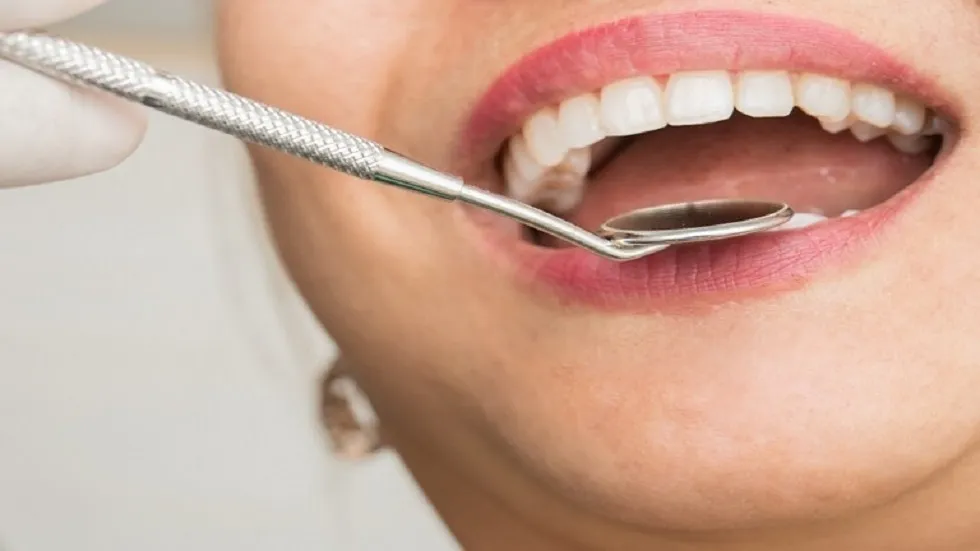 Posted By kawaib user
Posted By kawaib user- Comments 0
Diabetes and dental disease are among the most common health conditions in the world today, and despite their different specialties, they share a close relationship that has mutual impacts on an individual’s overall health, as it requires understanding this delicate relationship and the extent of its impact on a person’s overall health, as well as adopting strategies to maintain overall oral and body health.
In this article, we will closely explore the relationship between diabetes and dental disease, and shed light on how they affect each other and we’ll talk about how high blood sugar levels can affect your oral health, as well as how gum disease can contribute to worsening diabetes problems and its impact on health complications.
By understanding this complex relationship and adopting a healthy lifestyle and good oral habits, individuals with diabetes and dental disease can reduce the risks associated with each of these conditions, and improve their overall quality of life and health.
Diabetes and the dental diseases it causes
Diabetes is a major factor that increases the risk of developing and exacerbating many dental diseases, as a result of its negative effects on the health of the gums and tissues surrounding the teeth and here’s how diabetes contributes to worsening dental disease:
Chronic gum infections: Diabetes increases the likelihood of developing chronic gum infections and oral infections, as high blood sugar levels cause oral bacteria to feed and multiply more, increasing irritation and inflammation in the gums.
Loss of bone supporting teeth: Diabetes affects the body’s ability to heal wounds and regenerate bone, making people with diabetes more susceptible to loss of bone supporting teeth, as this can eventually lead to tooth loss due to poor bone support.
Increased risk of cavities and tooth decay: Diabetes increases the risk of cavities and tooth decay, as high sugar levels make the mouth an ideal environment for the proliferation of cavity-causing bacteria, which exacerbates dental health problems.
Considering diabetes and dental disease are a necessary relationship that needs special attention, people with diabetes should follow a healthy diet, practice good oral hygiene, and make regular visits to the dentist for early detection and treatment of any oral health problems before they get worse.

Diabetes and gum disease
Research indicates a close relationship between diabetes and gingivitis, as diabetes greatly increases the risk of developing and worsening gingivitis. Here’s how diabetes affects gingivitis:
High glucose levels in the gums: High blood glucose levels provide an ideal environment for harmful bacteria to grow in the gums, as this contributes to increased irritation and inflammation in the gums, eventually leading to gingivitis.
Effects of gingivitis on diabetes: On the other hand, inflammation of the gums can affect the control of blood sugar levels in people with diabetes, as gingivitis can increase blood sugar levels, making diabetes management more challenging.
Based on this complex relationship between diabetes and gingivitis, people with diabetes are encouraged to engage in good oral health, including good oral hygiene and regular visits to the dentist for early detection and treatment of gum disease.
It is necessary for people with diabetes to follow a healthy lifestyle, ensure good oral hygiene, and make regular visits to the dentist for early detection and immediate treatment of any sign of gingivitis, as by making these efforts to maintain healthy teeth, people with diabetes can reduce their risk of worsening the condition and maintain their quality of life and overall health and in the end, we must stress the importance of understanding the deep relationship between diabetes and dental diseases, and the necessity of concerted efforts to prevent and treat them effectively and early, in order to enhance the health and well-being of the individual and society.
Read also:





